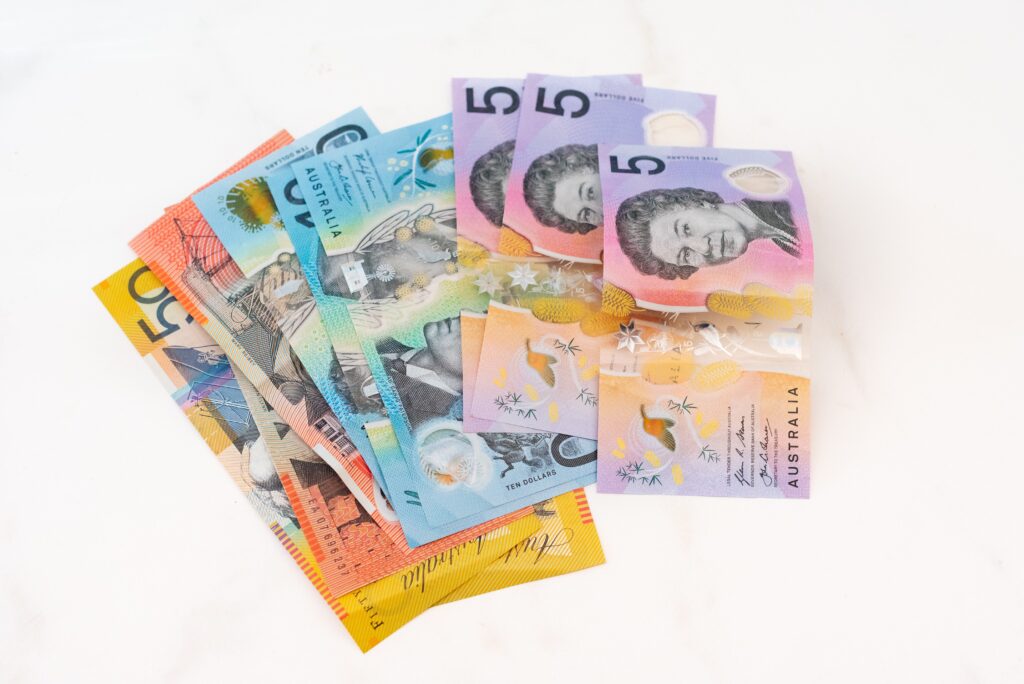Four things you must consider when sending money overseas
Recent posts

What do you need to know before sending money internationally?
Familiarising yourself with the requirements of an international transfer is a necessity if you want to save the most money. Before embarking on any transfer, you need to understand three important factors:
Exchange rates:
An exchange rate is the rate at which one currency may be converted into another, also called rate of exchange of foreign exchange rate or currency exchange rate.
Transfer fees:
Transfer fees are another major factor to investigate before committing to any service. Whether it’s a flat rate or a percentage of the amount you plan on transferring, transfer fees can sometimes be a lot higher than expected. If you don’t check out the required transfer fees first, you’re liable to pay more than what’s necessary to make the transfer.
Speed of delivery:
The time it takes for bank transfers to process can vary depending on the bank or financial institution you use to make the payment, as well as the bank or institution that receives the funds. Other factors can include the currency that your payment is converted into and the financial regulations of the country you send money to.
As a general rule, however, a bank transfer to a foreign account typically arrives within 2-3 working days of your payment being made. You will also have 24/7 online access to your account, where you can view your payments and monitor their progress. In addition, our dedicated customer service team can provide you with any updates you require.
Let’s take a closer look at the four financial steps you should take before begin relocating
1. Open an international bank account to facilitate easy transfers
Most banks will offer online banking and telephone support to ensure that you maintain easy access to your finances as well as being able to get paid and withdraw money without the need for currency management. However, you will potentially still be exposed to exchange rate fluctuations as well as transfer fees between accounts.
This option will also offer peace of mind that you will be able to deal with people in your native language, although they often will not offer great rates of interest so for long term savings, this may not be the best option.
Different banks may offer a complimentary international savings account, so if that is a requirement always include this on your checklist when comparing different banks.
2. Consult a tax advisor on what to expect
Do you dread tax season? Well, once you move abroad, your tax situation will get a lot trickier. Everything about your move may have gone smoothly and seemed to be very straight forward, after all thousands of people become expats every year right? So what could make it so complicated?
What makes your taxes particularly complicated is that you’ll need to file local taxes in your new jurisdiction, which means learning the tax laws and regulations of your anticipated country of residence.
3. If you are of retirement age, plan how to distribute your retirement pensions
You don’t want to lose access to these retirement pensions when you move abroad.
You don’t want to lose access to these retirement pensions when you move abroad.
Make sure to understand how moving abroad will affect your regular income distribution in retirement. A couple of general solutions for retirement pension distribution include:
- Move your pension to your retirement country and invest in a new pension plan
- Leave the pension in your home country and have regular payments transferred to a new bank account
Educating yourself on impactful limitations will help you better plan for your retirement in a different country.
4. Make plans for your current investments and estate planning.
To help you get started with planning investments and estate planning, here is a quick financial checklist that you can use:
- Research how your existing investments will be affected by your move abroad. You should also look into where you should hold your investments.
- If you want to invest, research the offshore investments that work for you.
- Research how your estate will be affected by your move abroad.
- If you have an individual savings account, make necessary contributions before you leave.
- Contact a qualified investment specialist to help you organise your investment portfolio.
Moving your finances abroad can be tedious at any point in the process. You might find yourself steering your mind away from the stressful parts of the planning, in favour of the more fun bits of moving abroad.
Even if you are well organised, you may need to speak to a professional to get advice that is specific to your needs. In addition, make sure that the adviser you are speaking to is regulated in the country of your destination.
Ready to get moving?
Get the quickest quote possible
We understand that waiting at home for a moving consultant may not be convenient, which is why we offer a simple video assessment using your smartphone.
You can choose between a guided live video consultation “Smart Consult” with one of our moving experts or a self-service video option. Either choice will provide us with everything we need to know to accurately assess and prepare your moving quotation.
Go knowing....
Contact
- 3/4 Tucks Rd, Seven Hills NSW 2147 Australia
- +(61) 3 8586 7600
-
Mon-Fri, 8:30am - 5:00pm
Business hours













